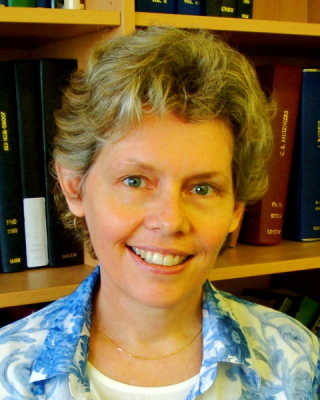Professor chris davison
Teacher-based assessment of English as a second or additional language:
Challenges in theorizing our practice
The development and use of teacher professional judgment has been the centrepiece of much reform in the assessment of English as a second or additional language in recent years, and has long been the mainstay of school-based assessment systems. However, teacher judgment has always been seen as one of the weakest links in the assessment process with concerns raised about the trustworthiness and reliability of teacher assessment decision-making processes and the teacher's ability to be both “accurate” and “fair”. Some of these concerns are misdirected, the result of the widespread tendency to evaluate teacher-based assessment systems with traditional psychometric criteria developed for formal testing programs, but some of the concerns highlight the need for us to better theorize teacher-based assessment practice. This presentation will first explore some of the concerns and challenges in using teacher professional judgment in large scale school based assessment – both theoretical and practical issues - and then demonstrate how the development of teacher judgment can be supported and enhanced by online professional interaction, including the sharing of student work samples, and benchmarking of assessments. The implications for individual schools as assessment communities will also be discussed.
